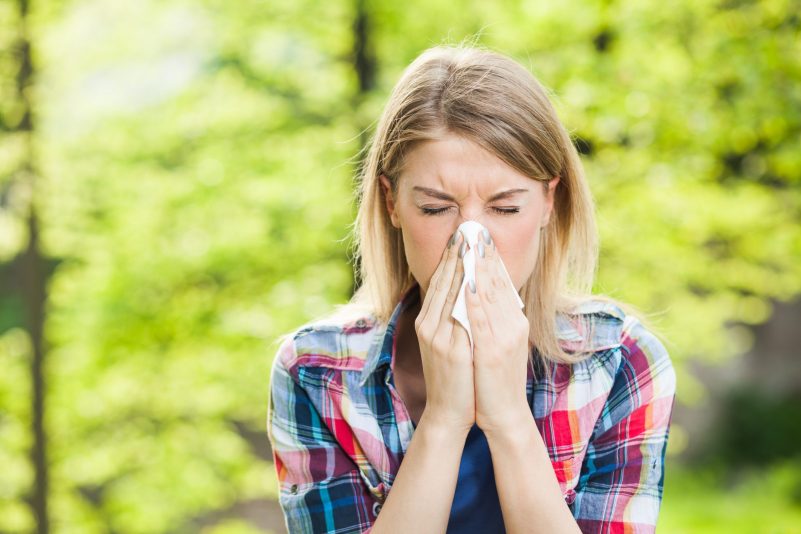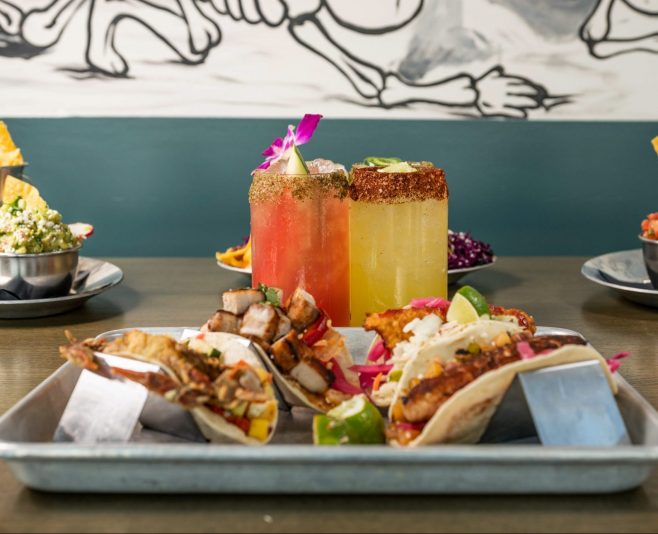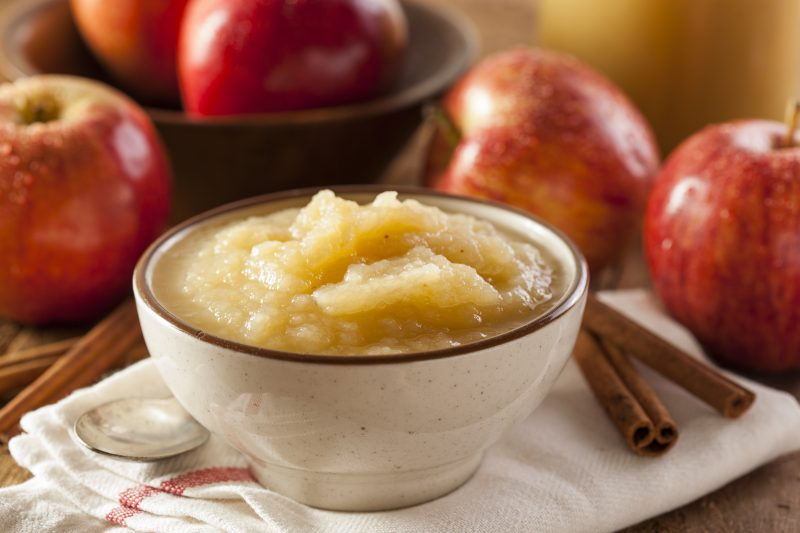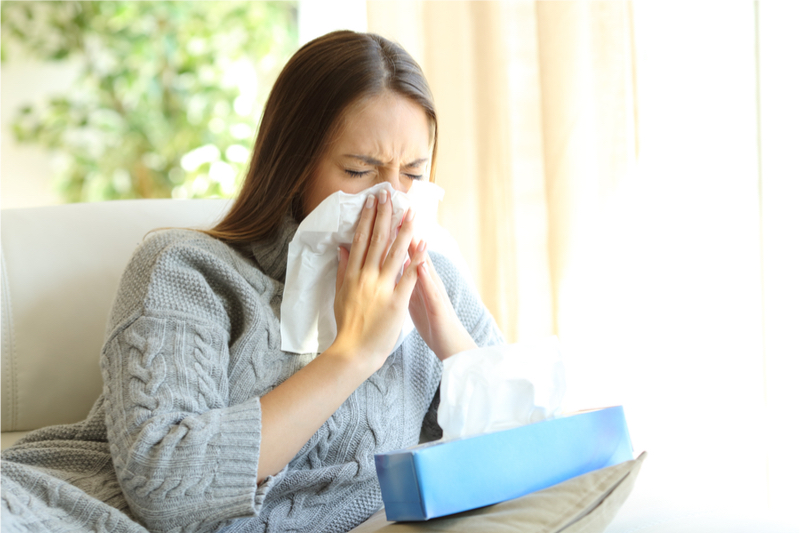Forty trillion. This is the number of bacteria in your body. Most are in your intestines. And, most are there to help you.
How can you help them help you?
It’s not hard. If you are intentional about eating real, whole, Keto Zone foods, avoiding substances that deplete them, and resupplying them with probiotics and fermented foods as needed, you can keep these 40 trillion going strong.
Here are 8 tips to improve gut bacteria for better health on Keto Zone.
8 Tips to Improve Gut Bacteria for Better Health on Keto Zone
1. Consume a Variety of Fermented Foods
Fermented foods are foods that contain, or are altered by microbes.
Some foods contain live fermenting bacteria when you eat it. Others, like those foods that have been cooked or baked, no longer have the viable bacteria, but have been made healthier by the fermentation process.
When food is fermenting, the bacteria or yeast in the food “eat” the sugars, converting them to organic acids or alcohol.
Fermented foods that can improve your gut bacteria include:
- Plain yogurt
- Kimchi
- Sauerkraut
- Kefir
- Kombucha
- Tempeh
- Fermented vegetable powders, like Greens Supremefoods
- Living foods, like Living Chia with Probiotics
Do they really help?
Studies show that people who eat yogurt regularly have more lactobacilli (healthy bacteria) and less Enterobacteriaceae (inflammatory bacteria) in their intestines (1).
Got milk problems? Other studies have shown that consuming probiotics like those in yogurt can reduce lactose intolerance symptoms and condition, especially when combined with B6 supplementation (2).
2. Eat Your Vegetables & Other Prebiotic Foods
Some high-fiber vegetables, nuts, seeds, and Keto Zone friendly fruits that feed your gut bacteria include:
- Raspberries
- Artichokes
- Asparagus
- Broccoli
- Chicory root and inulin (such as used in MCT Oil Powder)
- Greens
- Onions and garlic
- Leeks
- Raw Cacao
- Flax seeds and hemp heart seeds
- Almonds and pistachios
Study after study has shown that a diet full of vegetables, nuts, seeds, and soluble fiber prevents the growth of harmful bacteria, increase healthy bacteria, reduce intestinal inflammation, and more (3, 4, 5).
What’s more, prebiotics can fight disease and unhealthy conditions such as high insulin levels, high triglycerides, and cholesterol (6).
3. Avoid Aspartame, Saccharin, and Sucralose
- Saccharin reducing healthy bacteria growth by 40%
- Sucralose decreasing bacteria by more than 2-fold
- Aspartame increasing the number of harmful bacteria by 10%
If you use sugar substitutes, make sure they are natural ones like sugar alcohols: erythritol, xylitol, and others is safe, and do not seem to affect gut bacteria (8).
4. New Baby? Breastfeed if You’re Able
At the beginning of human life, an infant’s gut is continually developing microbiota. This bacteria flora is especially high in Bifidobacteria, which is important in the digestion of breast milk (9).
Studies show that infants who are breastfed have more Bifidobacteria than those who are fed formula (10, 11).
This difference may be linked to the lower rates of allergies and other digestion issues associated with breastfed infants (12).
5. Eat Your Polyphenols
Polyphenols are highly-beneficial nutrients found mostly in plant foods. They are often associated with disease prevention, reduced oxidation stress, and reduced inflammation (13).
Somewhat like fibers, many polyphenols cannot be fully digested by humans, and make a great, nourishing meal for gut bacteria (13, 14). They can increase the colonies of good bacteria to help the body fight detrimental strains.
Good sources of Keto Zone polyphenols include:
- Raw cacao
- Green tea
- Almonds
- Onions
- Blueberries
- Broccoli
- Leafy greens
6. Especially if You Have Digestion Issues, Take a Probiotic Supplement
Probiotic supplements contain live, viable probiotic bacteria in pill or powder form. These supplements are especially beneficial to humans who have digestion issues, such as Irritable Bowel Syndrome, frequent loose stools, constipation, and more.
Typically, probiotics supplements don’t provide a permanent cure to digestion issues, nor do they colonize in the gut permanently.
However, both anecdotal reports and studies show they help acute digestion symptoms. They can also produce beneficial effects on the bacteria in the gut (15).
Probiotic supplementation has been under scrutiny after a review found that they had little effect on the gut colonies of healthy people. However, this did not account for the digestion and health improvements we see in those with poor digestion and discomfort (16). There have also been studies that produce mixed results in improving microbiota as well as studies that show benefits (17, 18).
7. Minimize Use and Consumption of Antibiotics
In recent years, there has been a push to drastically reduce the use of antibiotics in humans and animals.
Doctors have been urged to only prescribe antibiotics only when necessary, and with much less frequency than in previous decades.
Why?
The overuse of antibiotics is 1) hurting the gut by wiping out healthy bacteria, and 2) leading to antibiotic-resistant bacteria.
According to the Centers for Disease Control and Prevention (CDC), while the prescriptions of antibiotics are decreasing, the number of unnecessary ones is still too high (19).
What’s more, the World Health Organization is also working to reduce the antibiotics that humans consume. It is recommending that routine antibiotic use in animals is stopped and reserved only when the animal is sick (20).
Then, the animal should be taken out of the milking schedule, for example, until the antibiotics have cleared its system. By reducing antibiotics in animals consumed by humans, fewer antibiotics can be transferred to the human body, less affect human digestion, and fewer bacteria become resistant to antibiotics.
8. Don’t Abuse Alcohol
Unfortunately, alcohol, especially in large quantities, can negatively affect the bacteria colonies in the gut. In fact, many people who abuse alcohol have impaired nutrient absorption, poor digestion, and discomfort.
When used in moderation, bacteria colonies can remain healthy. But, overuse of alcohol can destroy them.
Bottom Line
Want to improve gut bacteria for better health? It’s simple!
Do: Eat a variety of fermented foods, eat prebiotics, eat foods high in polyphenols, breastfeed if you’re able, and use probiotic supplements as needed.
Don’t: Consume aspartame or saccharin, over-consume antibiotics, or abuse alcohol.
Your gut bacteria is extremely important for many aspects of health. Luckily, can improve gut bacteria for better health on Keto Zone.
More and more, science is proving that a healthy digestive system is the key to a healthy brain and body—and the power to keep your gut healthy lies directly with you! Get Dr. Colbert’s Healthy Gut Zone book today to help you understand the connection between your gut and your health. You will learn that whatever inflames your gut will eventually inflame your brain and the rest of your body. Making the right food choices will become the medicine in which you will walk and live in divine health.


















Comments are closed.